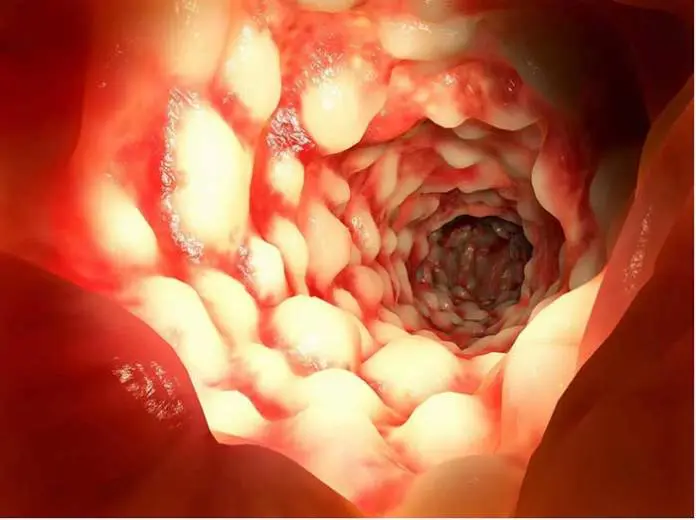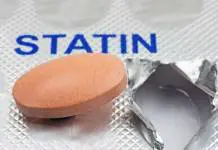
A study published in the journal Nature has revealed why some people have Crohn’s disease and others do not. Led by researchers from NYU Grossman School of Medicine and NYU Langone Medical Center, scientists found that people who are genetically predisposed to Crohn’s disease may have it when it is triggered by Norovirus infection.
Crohn’s disease is a chronic and progressive inflammation of the ileum which results in frequent bouts of diarrhea with abdominal pain, nausea, fever, and weight loss. It is an inflammatory bowel disease (IBD) where the immune system attacks the digestive tract instead of attacking invading bacteria. This causes severe abdominal cramps, diarrhea, nausea, and weight loss.
While Norovirus has often been blamed for vomiting and diarrhea – and food poisoning – it is now found to be a key trigger in the risk for Crohn’s disease. This is large because most people with Crohn have a certain genetic mutation that makes the cells in the gut linings to be more prone to damage. However, given that half of all Americans have the risk for this genetic change, less than a million Americans go on to develop Crohn’s disease. But statistics put the estimated number of Americans with IBD at 3 million.
The leader of the study, Ken Cadwell, a professor of microbiology at the NYU Grossman School of Medicine, said a study of mice bred to have the genetic mutation and gut cells from Crohn’s disease patients found that the body’s immune system has immune defenders labeled as T cells which secrete a protein known as apoptosis inhibitor 5 (API5).
“Our study suggests that when norovirus infects those with a weakened ability to produce apoptosis inhibitor 5, it tips the balance toward a full-blown autoimmune disease,” Cadwell said.
API5 protein stops the activity of Crohn in the small intestine of people with the genetic mutation, and it has an extra layer of protection to prevent damage in the gut of people with the mutation. So people predisposed to Crohn’s disease and that lack API5 may go on to develop the disease, while people who have the mutation and API5 may never have the disease.
Mice engineered to have the Crohn mutation survived after they received an injection of API5, but those that were not treated with the protein died.
“Our findings offer new insight into the key role that apoptosis inhibitor 5 plays in Crohn’s disease,” said Yu Matsuzawa-Ishimoto, the study’s lead author and a gastroenterologist. “This molecule may provide a new target for treating this chronic autoimmune illness, which has proven difficult to manage over the long term.”











